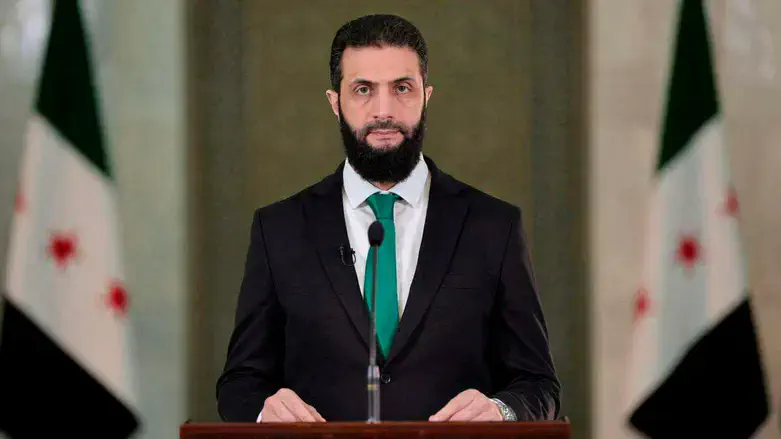
Syria’s interim president, Ahmed al-Sharaa, on Thursday approved a temporary constitution that will place the country under Islamist rule for the next five years as it undergoes a transitional phase, France24 reported.
Sharaa declared that the constitutional document would pave the way for "a new history for Syria, where we replace oppression with justice ... and suffering with mercy."
The new leadership has struggled to assert control over large parts of Syria after Sharaa’s Islamist group Hayat Tahrir al-Sham (HTS) led a swift offensive that toppled the Assad regime in December.
While many Syrians welcomed the fall of Assad’s decades-long dictatorship, religious and ethnic minorities remain wary of the Islamist-led government and have resisted efforts by the new authorities in Damascus to extend their rule into their regions.
Abdulhamid Al-Awak, a member of the seven-person committee responsible for drafting the interim constitution, confirmed Thursday that it retains several elements from the previous version—including the requirement that the head of state must be a Muslim and that Islamic law serves as the primary basis for legislation.
Awak, a constitutional law expert at Turkey’s Mardin Artuklu University, also stated that the temporary constitution guarantees freedom of expression and media rights.
Furthermore, it establishes an "absolute separation of powers," he said, highlighting how Assad had previously "encroached" on other branches of government.
However, the interim president has been granted a singular exceptional authority: the power to declare a state of emergency.
A new committee will be established to draft a permanent constitution, but it remains uncertain whether it will reflect the political, religious, and ethnic diversity of Syria.
The announcement of the signing of the constitution comes a day after Sharaa announced the establishment of a National Security Council aimed at bolstering security coordination and ensuring political stability during the country's transitional period.
Sharaa’s Islamist group, HTS, traces its origins to Al-Qaeda’s Syrian branch and remains classified as a terrorist organization by multiple countries, including the United States, though the US lifted the bounty on Sharaa’s head soon after he was named Syria’s leader.
